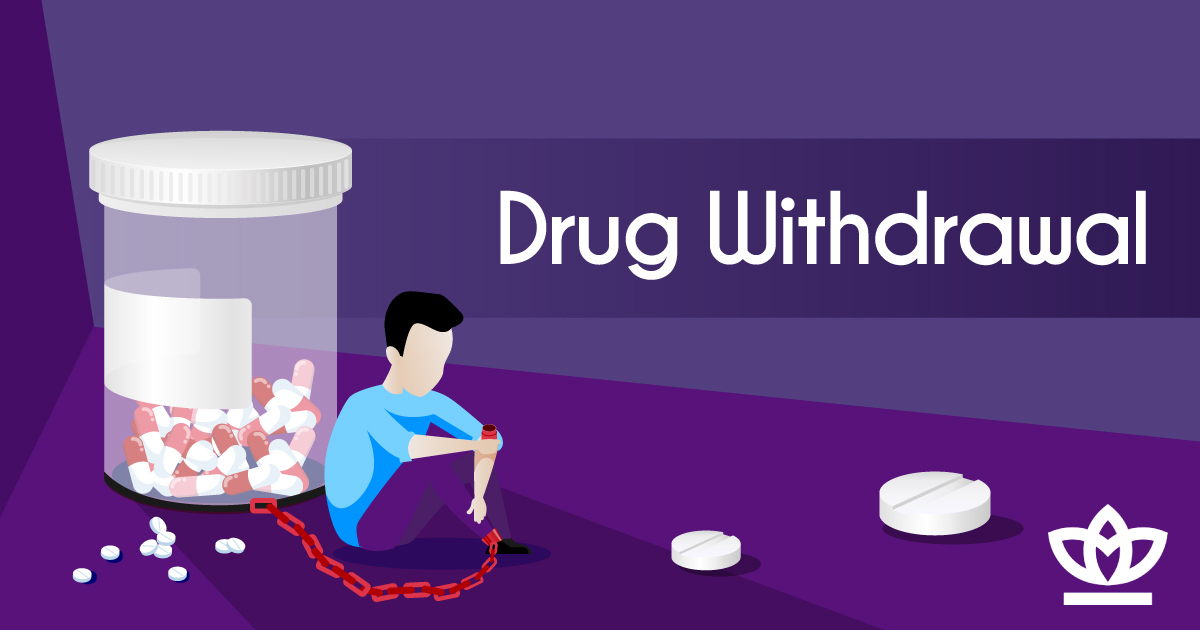Global health regulators, including the U.S. Food and Drug Administration (FDA) and the European Medicines Agency (EMA), have issued safety communications about specific medications that may pose cardiovascular risks to certain patients. These developments are prompting reviews, restrictions, or market withdrawals of drugs once considered standard treatments.

Understanding the Concern: How Blood Clots Become Dangerous
Blood clots are the body’s natural response to injury, helping stop bleeding and promote healing. However, when clots develop inappropriately—such as inside healthy blood vessels—they can obstruct vital circulation and lead to serious health outcomes.
The most concerning conditions linked to unwanted clot formation include:
-
Pulmonary Embolism (PE): A blood clot travels to the lungs, restricting oxygen flow.
-
Stroke: A clot blocks blood supply to the brain, which can result in permanent damage.
-
Heart Attack (Myocardial Infarction): A clot obstructs arteries supplying the heart, preventing it from receiving oxygenated blood.
-
Deep Vein Thrombosis (DVT): Clots form in deep veins, usually in the legs or arms, potentially causing long-term complications or PE.
Individuals with underlying conditions such as hypertension, diabetes, or high cholesterol, and especially those over age 60, are considered more vulnerable to these events.

Medications Under Review or Withdrawal
Regulatory agencies across multiple countries are reviewing or have already restricted access to a range of medications after data linked them to increased clot-related events. These include:
-
Certain hormonal contraceptives
-
Some non-steroidal anti-inflammatory drugs (NSAIDs)
-
Appetite-suppressing weight loss medications
-
A small number of COVID-19-related treatments or vaccines (limited to rare adverse reactions in specific patient groups)
It is important to note that most of these risks are rare and that the medications may still offer significant benefits for some patients. Health agencies are carefully weighing the benefits and risks to ensure public safety.
Regulatory actions vary by country. In some regions, specific drugs have been withdrawn, while others remain under heightened monitoring with updated prescribing guidelines.

Recognizing the Warning Signs
Patients are urged to stay alert to potential symptoms of blood clots, especially if they recently started a new medication. Seek immediate medical care if any of the following signs occur:
-
Chest discomfort or sudden chest pain
-
Difficulty breathing
-
Swelling in one limb (leg or arm)
-
Sudden vision problems or intense headaches
-
Unusually fast or irregular heartbeat
Early intervention is key in treating cardiovascular events effectively. Do not ignore these symptoms, particularly if you have known risk factors.

What Patients Should Do
If you are currently taking any medication that has been highlighted in these reviews:
-
Do not stop your medication without medical advice.
Sudden discontinuation can be harmful. Always consult your healthcare provider first. -
Schedule a medication review.
Ask your doctor or pharmacist to assess whether your current treatment remains appropriate in light of the updated safety information. -
Report any side effects.
Patients in the U.S. can use the FDA’s MedWatch system to report unexpected adverse reactions. Similar systems exist in Europe, Canada, and other regions. -
Stay informed through official health websites.
Reputable sources include:-
www.fda.gov
-
www.ema.europa.eu
-
www.cdc.gov
-
Older Adults Face Increased Risk
As the body ages, the ability to process medications can change. Blood vessels may become less elastic, and liver or kidney function may slow. These changes can influence how the body responds to certain medications and increase susceptibility to side effects.
According to data from the National Institute on Aging (2024), nearly 90% of U.S. adults aged 65 or older take at least one prescription drug regularly. For this group, medication safety reviews are especially important, and any newly reported risks must be carefully considered.

Why the Issue Matters Now
Global health agencies routinely review drug safety data to ensure that medications remain both effective and safe. Most drugs in question have been used safely for years—but as new data emerges, especially from long-term studies or real-world usage, updated guidance is sometimes necessary.
For many, this latest advisory is a reminder of how dynamic medical science is—and how important it is for patients to remain informed and proactive.
How You Can Help Prevent Harm
Public awareness plays a crucial role in health safety. Here are steps everyone can take:
-
Speak up: Share concerns with your doctor or pharmacist.
-
Stay updated: Follow announcements from national and international health authorities.
-
Share knowledge: Inform family members or caregivers, especially for older relatives or those living alone.
-
Document symptoms: Keeping a log of any physical changes can help healthcare providers respond effectively.
Many safety issues are first identified by everyday patients who report unexpected side effects. Your experience matters—and may even help protect others.

Final Thoughts: Knowledge Is Protection
Medication safety is a shared responsibility between regulators, healthcare professionals, and patients. While some drugs are under review or restriction due to cardiovascular risks, the decision to continue, stop, or switch medications should always involve guidance from licensed medical professionals.
Staying informed, asking the right questions, and knowing your options are essential steps toward managing your health safely and effectively.
Sources:
-
U.S. Food and Drug Administration (FDA), 2025
-
European Medicines Agency (EMA), 2025
-
National Institute on Aging (NIA), 2024
-
Centers for Disease Control and Prevention (CDC), 2025
